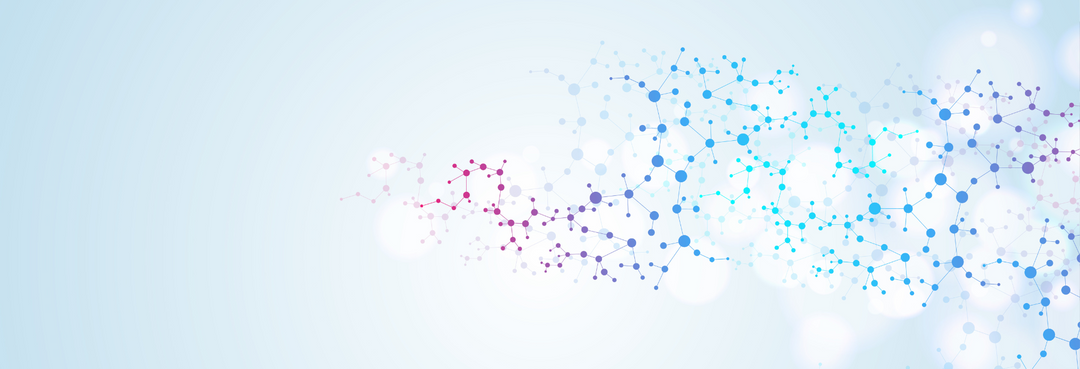Iron is that unassuming mineral tucked away in various foods. It plays a vital role in keeping us healthy and full of energy. Let’s investigate why you need iron, who should pay special attention to their intake, what foods are rich in this essential nutrient, the symptoms of low iron levels, the risks of excessive iron, what to consider when choosing an iron dietary supplement, and when the best time to take it is.
Why Your Body Needs Iron?
Iron is essential for the proper functioning of your body. It's a key component of hemoglobin, a protein found in red blood cells that transports oxygen from your lungs to every cell in your body. Without adequate iron, your cells are deprived of oxygen, which can lead to a range of health problems, including fatigue, weakness, and anemia. In addition to oxygen transport, iron is involved in several other crucial bodily functions, including energy production and immune system support.
Who Needs to Pay Special Attention to Iron Intake?
Certain groups of people are at a higher risk of iron deficiency or iron deficiency anemia and should be particularly mindful of their iron intake:
Pregnant Women: Pregnancy increases the body's need for iron to support both the mother and the growing fetus.
Children and Adolescents: Rapid growth during these stages means increased iron requirements.
Vegetarians and Vegans: Iron from plant-based sources (non-heme iron) is not as easily absorbed as iron from animal sources (heme iron). Thus, those on plant-based diets should ensure they get enough iron-rich foods.
Athletes: Intense physical activity can lead to increased iron loss, making athletes more susceptible to deficiency.
People with Certain Medical Conditions: Conditions like celiac disease, Crohn's disease, or gastritis can hinder iron absorption, increasing the risk of deficiency.
What Are Some Iron-Rich Foods?
To maintain optimal iron levels, it's essential to include iron-rich foods in your diet. Here are some great sources of dietary iron:
Red Meat: Beef, lamb, and liver are high in heme iron, the type of iron most easily absorbed by the body.
Poultry: Chicken and turkey also provide heme iron.
Fish: Certain fish, like salmon and tuna, contain heme iron.
Legumes: Beans, lentils, and chickpeas are rich in non-heme iron and suitable for vegetarians and vegans.
Leafy Greens: Spinach, kale, and Swiss chard are packed with non-heme iron.
Nuts and Seeds: Pumpkin seeds, cashews, and almonds are good sources of iron.
What Are Symptoms of Low Iron?
If your body lacks iron, it can result in iron deficiency anemia, which may lead to symptoms such as:
- Fatigue and weakness
- Pale skin
- Shortness of breath
- Dizziness
- Headaches
- Cold hands and feet
- Brittle nails
- Unusual food cravings (pica)
If you experience these symptoms, consult a healthcare professional for a proper diagnosis and treatment.
What Are The Risks of Excessive Iron?
While iron is vital, too much of it can be harmful. Excess iron can lead to iron overload, a condition called hemochromatosis, which can damage the liver, heart, and pancreas. In most cases, iron overload is rare and primarily affects individuals with a genetic predisposition to absorb too much iron.
Should I Take Iron as a Dietary Supplement?
If you struggle to get enough iron from your diet, or if you have a medical condition that impairs iron absorption, you may consider taking an iron supplement. Iron has a narrow range of safety. Whether it’s being taken as a supplement or in a fortified food, it has to be in a high enough quantity to be absorbed but low enough to avoid toxicity. When choosing a supplement, keep these factors in mind:
Type of Iron: Look for ferrous (e.g., ferrous sulfate, ferrous gluconate, ferrous fumarate) as they are well-absorbed.
Dosage: Follow your healthcare provider’s recommendation for the right dosage.
Formulation: Iron supplements are available in various forms, such as tablets, capsules, or liquid. Choose one that suits your preferences.
Interactions: Be aware that iron supplements may interact with other medications or supplements, so consult a healthcare professional for guidance.
When Do I Take Iron Supplements?
To maximize iron absorption and minimize potential side effects, take iron supplements with these tips in mind:
- Take your supplement with vitamin C-rich foods or a vitamin C supplement to enhance iron absorption.
- Avoid taking iron with calcium-rich foods, antacids, or tea, as they can hinder absorption.
- Some people experience mild gastrointestinal discomfort when taking iron. If this happens, try taking it with food or before bedtime to ease any discomfort.
Iron is a critical nutrient that your body needs to function properly. If you're in one of the at-risk groups or experiencing symptoms of iron deficiency, it's essential to address your iron intake through a balanced diet and, and then fill in the gaps with dietary supplements. By maintaining healthy iron levels, you'll have the energy and vitality to enjoy life to the fullest.




